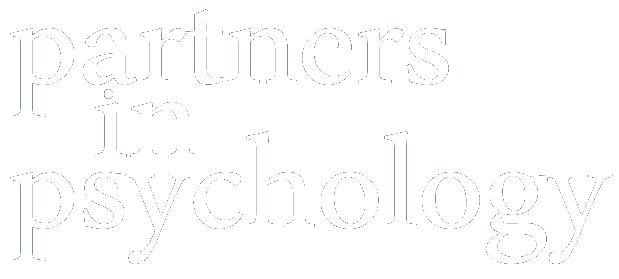Read More:
Cognitive-Behavioral Therapy
Cognitive Behavioral Therapy (CBT) began to gain prominence in the 1980's. It has since become a mainstream treatment approach and is the default theoretical orientation for many therapists today. As currently practiced, cognitive-behavioral therapy is composed of a collection of behavior therapy techniques that date from the early days of the study of classical and operant conditioning, in combination with more newly-developed cognitive therapy techniques derived from social learning theory and schema theory. The cognitive and behavioral aspects combine well because they are focused on observable (or, at least easily reported) aspects of functioning, practical interventions, skills building, a focus on the here and now, planned experiences outside of the therapy sessions (homework), and a de-emphasis of the importance of emotions as the direct target of change in therapy in favor of changing cognitions and behavior. "Cognitions" is an umbrella term referring to brief/momentary thoughts, perceptual biases, habitual illogical thinking, and entrenched belief systems about the self and the world. The general theory uniting these two realms of experience (behavior and cognitions) holds that our emotions are largely caused by the way we think and that our thoughts and emotions are frequently determined by our behavior. Thus, to change feelings one must take control of and change both behavior and thinking. Click here: What is Cognitive Behavioral Therapy? to see a graphical representation of the CBT theory.
These are the main principles of CBT:
* Therapy is a learning situation, and the function of the therapist is to enable the patient to achieve planned changes in observable behavior and thinking.
* A problem-solving approach is the most effective way in which to understand and ameliorate patients' difficulties.
* The counselor's role in cognitive-behavioral therapy is to guide the learning process so that not only are unsuccessful or maladaptive behaviors and attitudes weakened but more adaptive and constructive behaviors are learned.
* It is often necessary to change unrealistic or irrational thoughts and beliefs; in doing so, the CBT therapist and patient might need to determine how it was that certain behaviors and irrational beliefs arose and how prior experience was misapplied or overgeneralized by the client, but this investigation of the past is often not necessary to bring about desired changes.
* New experiences or different ones in real life can often be much more effective in leading to change than those that occur only during the therapy situation.
To put these principles into practice, CBT therapists exert much more explicit influence over what happens in the therapy sessions than do insight-oriented therapists. In essence, they adopt the role of expert/educator. They use "socratic questioning" to: keep the focus on agreed-upon goals, reveal patients' beliefs, probe and challenge patients' irrational automatic thoughts, and stimulate patient self-awareness. In addition, CBT therapists usually give homework assignments and then monitor whether they are completed and process the results of the assignments. Homework includes trying out new behaviors, increasing (or decreasing) the frequency of existing behaviors, reading self-help material, practicing a relaxation procedure, keeping a diary about unwanted feelings and the co-occurrence of irrational automatic thoughts, and directives for patients to gradually expose themselves to situations or stimuli that they are afraid of. This latter is known as desensitization or in-vivo exposure, something that is also often conducted during therapy sessions as well.
Cognitive Behavioral Therapy aims to empower patients to take control of their lives by learning to take control of the levers that determine their emotions. Patients learn a coherent theory that explains why they feel and behave the way they do. They then learn a repeatable process for identifying causes and then targeting those causes for change. There is a large research literature that supports the efficacy of cognitive-behavioral therapy in treating a wide array of problems and it is particularly valuable in the treatment of psychological problems which have a prominent behavioral aspect: phobic avoidance, panic attacks, social anxiety, obsessive-compulsive disorder, severe depression, and bulimia.

